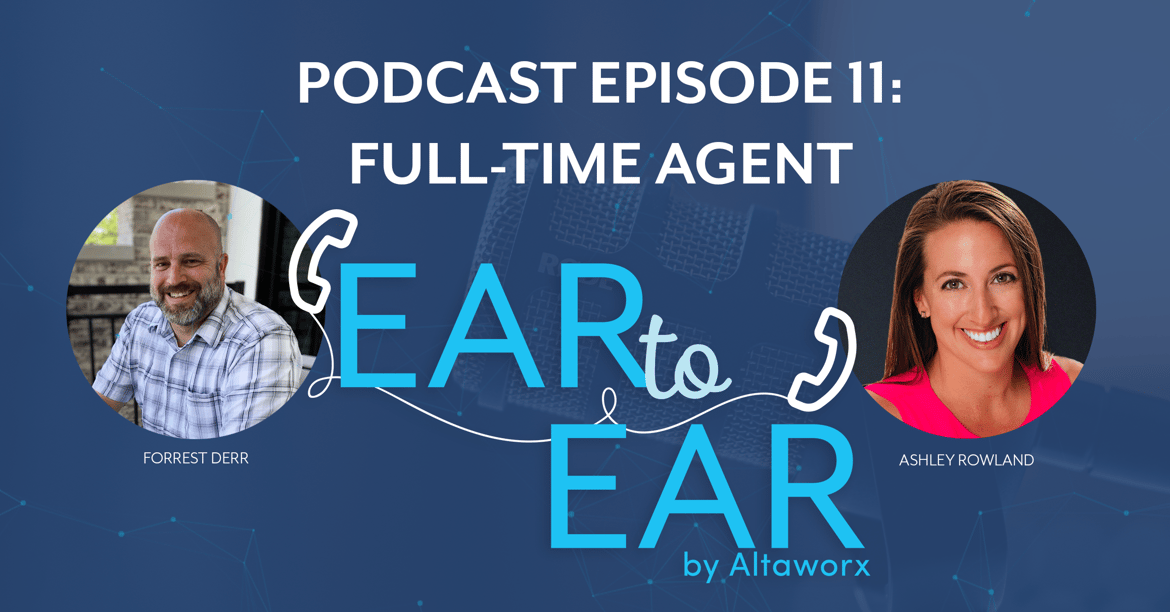Ear To Ear Podcast | EPISODE 11: Full-Time Agent
We're back with another Ear to Ear by Altaworx podcast.
By Altaworx Marketing
Dial into this captivating episode featuring Forrest Derr and Ashley Rowland as they delve into the journey of becoming a full-time agent. Uncover the secrets of determining the perfect timing to take the leap and explore the step-by-step process they followed to establish their thriving businesses. Plus, discover valuable resources like the Technology Advisor Alliance that can help you along the way.
Also, listen on Spotify or Apple!
To stay connected with industry experts like Forrest Derr and Ashley Rowland, make sure to connect with them on LinkedIn.
Connect with Forrest Derr on LinkedIn
No video selected
Select a video type in the sidebar.































